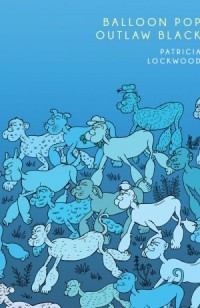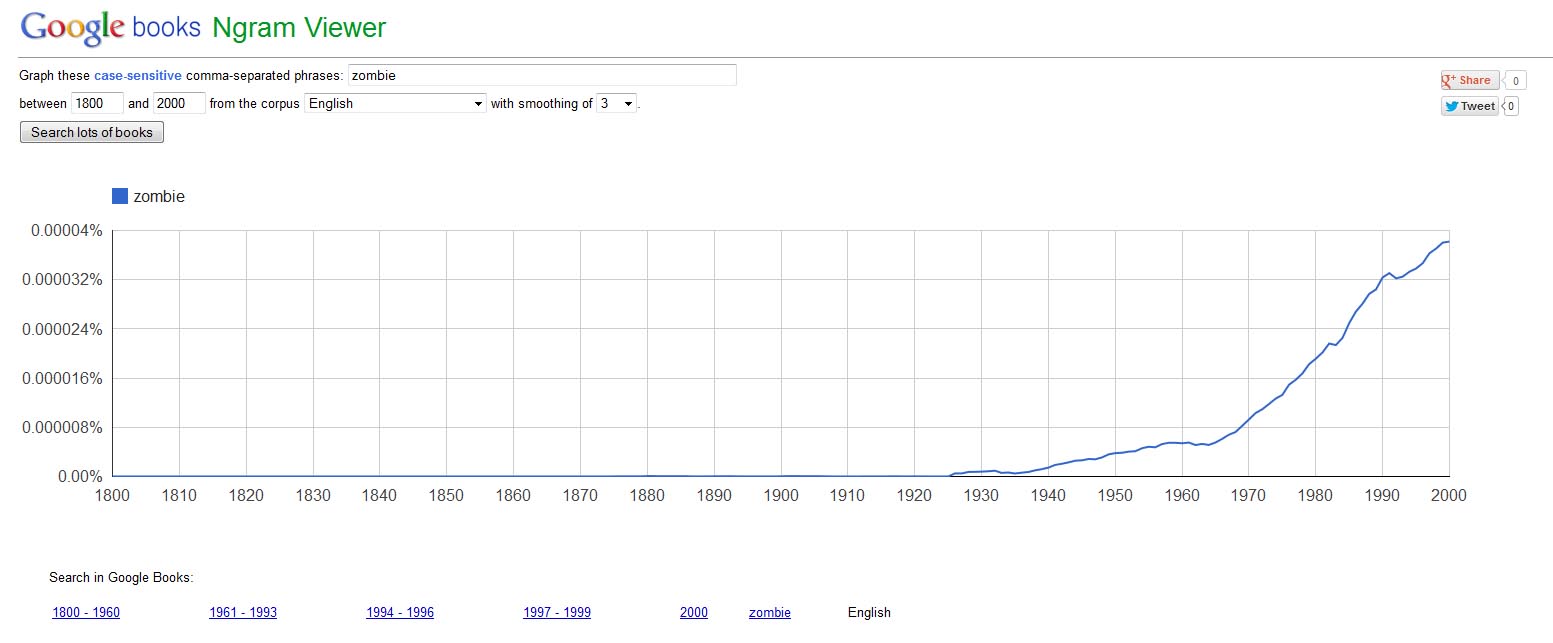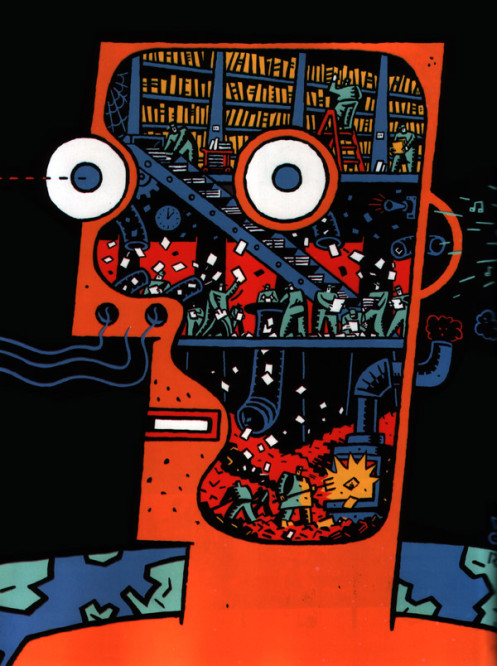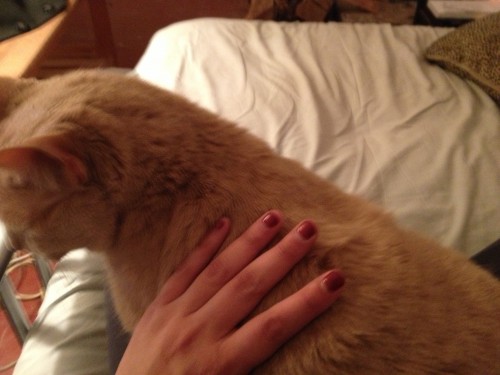What to call a zombie when? Some tools to assist with period-accurate writing
Over at io9 there’s this post, “How to make sure the language in your historical fantasy novel is period-accurate.” And while “fantasy novel” and “period-accurate” seem contradictory to me, I was happy that the article directed me to two interesting online resources that may also interest . . . you!
1. The Jane Austen Word List: Author Mary Robinette Kowal compiled a list “of all the words that are in the collected works of Jane Austen” (14,793!). You can install it as a “language” in OpenOffice (click here for instructions), then spell check your document against it, which will highlight any words that Austen didn’t use. (Kowal: “It also includes some of Miss Austen’s specific spellings like ‘shew’ and ‘chuse.'”) This would obviously be useful for anyone who wants to write a project using only Austen’s vocabulary. And assuming that Kowal didn’t slip up, we can see that Ms. Austen’s works are zombie-free, the only z-initial words that she used being zeal, zealous, zealously, and zigzags. (Sorry, Seth Grahame-Smith.)
2. The Google Ngram Viewer: This allows you to see check how frequently a word appears over time in any book that Google Books documents. So, for instance, here are the results for “zombie”:
New Exercises in Style
For its 65th anniversary, New Directions has just released an expanded edition of Raymond Queneau’s classic Oulipean text, Exercises in Style, featuring 25 previously untranslated exercises by Queneau, as well as new exercises by Jesse Ball, Blake Butler, Amelia Gray, Shane Jones, Jonathan Lethem, Ben Marcus, Harry Mathews, Lynne Tillman, Frederic Tuten, and Enrique Vila-Matas. If you’ve never experienced Queneau’s encyclopedia of ways to write the same scene over and over, each time new, there’s never been a better time.
On Feb 21st, at 8:00pm, there will be a launch party for the book in Brooklyn, info here.
Below, we’re happy to feature a few of the new exercises from the book.
COQ-TALE (first published in Arts, November 1954)
Ever since the bistros got closed down, we just have to make do with what we have. That’s why, the other day, I took a pub bus, at cocktail hour, on the N.R.F. line. No point in telling you that I had a terribly hard time getting in. I even had a permit, but IT WASN’T ENOUGH. It was also necessary to have an INVITATION. An invitation. They are doing pretty well, the R.A.T.P. But I managed. I yelled, “Coming through! I’m an Éditions Julliard author,” and there I was inside the pub bus. I headed straight for the buffet, but there was no way to get near it. In front of me, a young man with a long neck who hadn’t removed the Tyrolean hat with a plait around it that he wore – a lout, a boor, a caveman, obviously – seemed set on gobbling down every last crumb that was before him. But I was thirsty. So I whispered in his ear, “You know, back on the platform, Gaston Gallimard is signing contracts.” And off he ran, the sucker.
An hour later, I see him in front of the Gare Saint-Bottin, in the midst of devouring the buttons of his overcoat, which he had swapped for some
—Raymond Queneau
Translated by Chris Clarke
January 31st, 2013 / 2:25 pm
Syllabus Share
I developed this class. Now, I am teaching it.
ENGL 534: Form & Technique in Fiction
Reading Outside of Fiction
COURSE DESCRIPTION
As writers, it’s important that we gather inspiration from a broad array of sources. Often, between coursework and personal interest, it’s impossible for us to read as widely or diversely as we could, and it’s often outside of the discipline of creative writing and literature that we gain the most inspiration. In this course, we will read from a variety of disciplines and use the knowledge to generate prose. The texts you will encounter in this course may be difficult. It isn’t important to understand every word. It is even less important that you “like” it. What matters is that you use it to generate new material.
25 Points: Balloon Pop Outlaw Black
 Balloon Pop Outlaw Black
Balloon Pop Outlaw Black
by Patricia Lockwood
Octopus Books, 2012
104 pages / $12.00 buy from Octopus Books or SPD
1. “Popeye.” The protrude of oldest skin, the swell of the part that sees.
2. “TITLE FONT SET IN CHAMPAGNE & LIMOUSINES.”
3. “Regarding ink, why black? Black because something was extinguished there?”
(When We Move Away From Here, You’ll See A Clean Square of Paper Where His Picture Hung)
Lines. Black Lines, (Saying those words out loud to myself makes me think of Lockwood’s Octopus partner, Ben Mirov, and his Black Glass Solioquy), are so important to Balloon Pop Outlaw Black (to every text) and to the powerful, self-conscious nature of its “drawn” characters. They are how the cartoons come to appear into their paperflatbookflat, but moving “Popeye” worlds. They are what all of our poems are b(l)oated with and lifted with and broken up by.
4. I forgot my razor in Minnesota, so there are small black lines coming out of my armpits and legs right now. I hesitated the first time I bought a bra that was black. Do you remember when that meant [inside of a Ten Things I Hate About You cultural map] that you were aching to have sex with whatever boymachine? I sat behind a hot girl named Sara in a history class and saw black lines coming out of and through the material of her white Calvin Klein t-shirt. I believed that it was those lines that made boymachines popeye and pupeye across the cover of yearbooks like “blueprints of bulls” (Killed With An Apple Corer, She Asks What Does That Make Me).
5. Now I believe all of your underwear is made of glowing and changing moodring material.
6. It is black lines, night letters, dark lines, definite lines that create and strong arm identity here in this text, that attract all words and beings of this dynamic hair forest together into their lonely, swallowing on swallowing world.
“The dimension is a coat; it is flowered on the green ground. The cartoon wouldn’t wear it if
his mother didn’t force him” (The Cartoon’s Mother Builds A House in Hammerspace).
7. In BPOB, however, lines become, are pushed brilliantly to be, what also gulps identity up, what bruises it around. It’s beautiful burst. It’s hammerwriting.
Elisabeth Workman, mentions a quote by Lisa Robertson inside her Cuntos Manifesto that feels imperative every time I re-read Lockwood’s poems and every day I make toast, “Identity is very ungenerous and completely non-erotic.” The characters here, the speakers here, want to allow themselves to fall apart while engulfed under the speechlove of another dark line or person or word as it invades and saturates and distorts them into bigger better. It think it is the best picture of a galaxy.
8. “And it’s hard to tell where the house ends and her insides
begin, there is so much inside around her”
(The Cartoon’s Mother Builds A House in Hammerspace).
9. “How can she always arrive at him?”
(The Cartoon’s Mother Builds A House in Hammerspace)
10. Lockwood’s characters: a whale, a boy, a mother, a father, a she, “Popeye”, a he, crawl at us and at each other with cartoon mouths and cartoon chests. They aren’t comic books. Their muscles are not hyper-masculine or hyper-realistic. Their muscles look like little bumps on the page. Cartoons brush against almost being pathetic constantly, just like we/I do. It’s what is funny. And it is what makes so much room for interesting there and in BPOB. READ MORE >
January 31st, 2013 / 12:08 pm
Chief Keef on Writing

“I’m ’bout to go in, like, two seconds.”
“I don’t really use metaphors or punchlines, ’cause I don’t have to. I’d rather just say what’s going on right now. Real talk.”
“Please don’t write no fuck-shit.”
“It’s like candy, eating candy, a lot of candy. Or something.”
“Haters is fans. Like Louie said, ‘Let’em talk: it’s advertising.'”
“Keep working. I worked for a long time. Instead of saying I want to grow up to be a police officer, I want to grow up to be a firefighter, I want to grow up to be a doctor, a lawyer—I made this a goal.”
“I don’t know who to listen to.” READ MORE >
The 2013 award for sheer chutzpah, for hope, goes to Lorem Ipsum books in Cambridge, MA. The innovative bookstore fell on rocky shores and, in two days, is trying to raise $30,000 so they can stay afloat. They seem cool. Do ’em five bucks? Oh and then read this short thing about losing your job at a bookstore that I saw via Hobart’s Tumblr.
CONFESSIONS OF A SLEEPREADER
The time I set aside for pleasure reading has become, in a word, unpleasant. Like you, I have obligations that irritate the ulcers. Bills to pay, a job to attend, a body to take care of, domestic insects to kill or exterminate. The other day I had to rest a glass of apple vinegar atop my bedroom dresser to trap gnats (they love the stuff—who knew?). My girlfriend was “seriously convinced”it was a glass of pee.
Among the detritus of everyday life, like contributing to the genocide of bugs, it’s often nice to turn to the literary big hitters for a respite from the banal. We let Nicholson Baker make us feel dirty; allow Mark Twain to make us laugh; invite Poe to exercise our imaginations and neuroses. If only we didn’t stab them in the back.
While I do happen to harbor my fair share of neuroses, my particular irrational fixations fortunately do not pervade my End of the Day Time to Go To Bed times. I like sleeping and I like walking, but I’ve never sleepwalked. I’m no psychiatrist, but it seems to me a condition afflicting those whose adventures in waking life have taken a turn for the disenchanted. Having the fortune of sound sleep, it’s hard to relate to the woes of the sleepwalker, or, as a matter of fact, any rigors of debilitating nocturnal activity (sleep eating, sleep apnea, sleep talking, sleep onanism, the grinding of the jaw, or that kind of bodily sprawl that ends with a dull, but loud THUD as a loved one graces the floor). But I can speculate that the body does these things to reconcile anxieties. Among which lies boredom.
From my past as a musician with a practice-until-your-fingers-bleed type dedication, I know that an in and out, day after day routine can bludgeon one’s piece of mind. In the 1960’s Guy Debord, a French Situationalist, imagined a serum for this kind of anxiety. Debord conceptualized Dérive, an experimental behavior that encourages one to make new what has become plebian, everyday, boring. Normally, this is done by making urban landscapes exciting again by drifting (literally, walking) through the city, taking directional cues not through street signs, but through the contours of the town’s architecture. Just kind of feeling your way out through new, unexplored terrain to invigorate the drifter from routine. There is no destination; only, perhaps, in the mind: to find something out about yourself and your city. Debord encourages getting hammered beforehand.
Lines from Shakespeare Mistaken for 1990s Hip Hop Lyrics
“I’ll teach you how to flow.” (The Tempest)
“He speaks plain cannon fire, and smoke and bounce.” (King John)
“I have within my mind / A thousand raw tricks of these bragging Jacks, / Which I will practise.” (The Merchant of Venice)
“That’s an ill phrase.” (Hamlet)
“Holla, holla!” (King Lear)
READ MORE >




